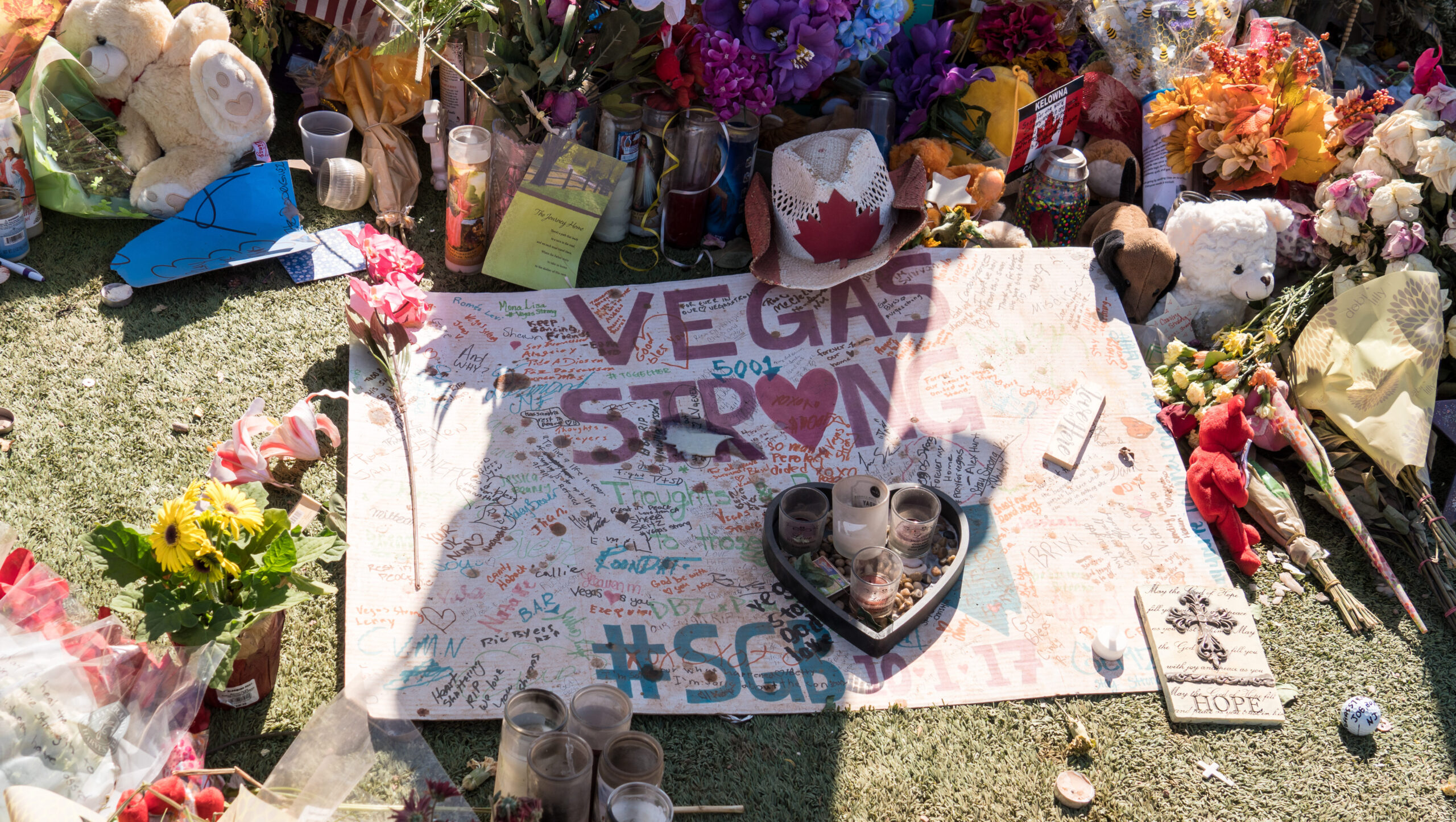The very week of the anniversary of the deadliest mass shooting in U.S. history—which just so happened to have taken place at an event, in Las Vegas—a meetings industry veteran has challenged event professionals to step up and do something. Howard Givner, CEO and founder of Event Leadership Institute, called such mass shootings “the most terrifying disrupter” that could happen to the $325 billion industry and believes only regulating gun ownership can get to the root cause of the problem.
More: Avoid, Deny, Defend: Security Strategies Taught in Columbus
He warned that a shooting at a health-care or other conference would be devastating beyond the people killed, injured or traumatized by it. It could also have massive economic impacts as future events are rescheduled or cancelled, and prospective attendees become hesitant to come.
“Gun violence, and mass shootings, in particular, pose an existential threat to the meetings and events industry. In addition to death and injury of our event attendees, they also pose a significant economic risk to our businesses, and the livelihoods of the people they employ,” he said in an opinion piece that accompanied the launch of Coalition to Prevent Gun Violence at Events and a petition to Congress to pass gun-safety legislation.
Duty of Care Requirement
Just as event professionals are tasked with keeping attendees safe in emergency situations, such as fires and medical emergencies, the ‘duty of care’ principle requires planners to be proactive about minimizing the risk of a mass murder at an event, Givner said.
More: Call to Action: Security Threats Require Planners to be Proactive
Venues and planners are already adding additional security—guards, metal detectors, cameras, security guards and practicing active shooter drills. But these measures aren’t enough, he said.
Givner pointed out that planners have already waded into controversial issues, such as anti-LBGTQ legislation. The economic impact of their threat to pull out large conferences in states where these policies were being considered or were in effect helped to get them modified. “Why couldn’t we do the same thing on this very important issue?” he asked.
Common Senses
Givner insisted he is not anti-gun or Second Amendment. He has fired guns and says it is fun, but as the number of mass shootings increased over the last five years, he has increasingly worried about their potential impact on events. He began voicing his concerns in presentations, but he says more than talk is needed.
The petition calls for instituting universal background checks via Congressional passage of Bipartisan Background Checks Act of 2019 (HR 8), which would close the gun-show loophole and reinstate an assault-weapons ban that covers high-capacity ammunition magazines.
“The more deadly the weapons, the more rigorous the licensing requirement should be,” he said.
Reactions Followed
In the days following Givner’s plea, 192 people have signed the petition, and he has received more than 50 emails supporting his cause; others have told him their survivor stories. Gun safety groups have also approached him.
Among those who have disagreed with Givner are some who have maintained that guns are not the problem; that the people who misuse them are. “They have a right to say that, but there is a logical place to draw the line,” Givner said. “It is only a matter of time before [gun violence] has a dramatic impact on the industry. So the industry needs a voice on this important issue.”




